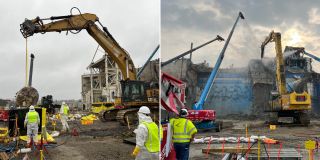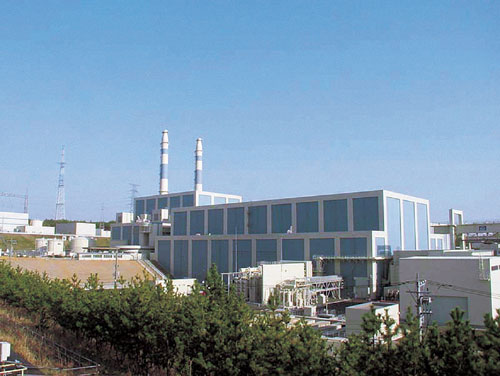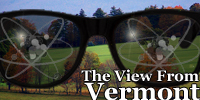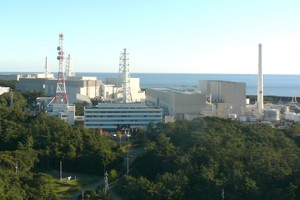ANS Nuclear Cafe
The ANS Nuclear Cafe is a blog owned and edited by the American Nuclear Society. Information contained on the ANS Nuclear Cafe has been provided by numerous sources. Therefore, the American Nuclear Society assumes no responsibility or liability for the accuracy of information contained herein. DISCLAIMER: The views expressed in posted articles do not necessarily reflect the views of the American Nuclear Society. The views expressed here are those of the individual authors. ANS takes no ownership of their views. The American Nuclear Society assumes no responsibility or liability for any use or operation of any methods, products, instructions, or ideas contained on this site.


 The 223rd edition of the Carnival of Nuclear Bloggers has been posted at Next Big Future.
The 223rd edition of the Carnival of Nuclear Bloggers has been posted at Next Big Future.  In January, the U.S. Environmental Protection Agency
In January, the U.S. Environmental Protection Agency 
 Vermont Yankee will go into decommissioning at the end of its current fuel cycle. The last day of operation for the nuclear plant is now set for December 29, 2014. Entergy, the owner, elected this course last year after financial analysis indicated the plant's unprofitability in a future of projected low natural gas prices.
Vermont Yankee will go into decommissioning at the end of its current fuel cycle. The last day of operation for the nuclear plant is now set for December 29, 2014. Entergy, the owner, elected this course last year after financial analysis indicated the plant's unprofitability in a future of projected low natural gas prices.
